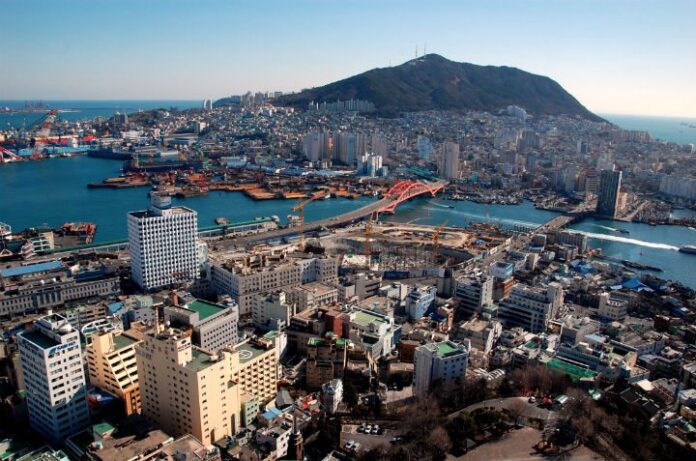VALENCIA, SPAIN — South Korea is expected to reach countrywide coverage with 5G technology in two or three years, Dan Warren, head of 5G Research at Samsung Research U.K., said during a keynote presentation at the 7th Global 5G Event, which took place in Valencia, Spain this week.
Warren said that Korean carriers are currently providing 5G coverage in dense urban areas in 85 cities across the Asian country. By the end of this year, 5G coverage will be also extended to rural and suburban areas in these 85 cities, Warren said.
In December 2018, the local carriers launched their 5G offerings in the capital city, Seoul, and six large cities in Korea. The service is currently being offered through spectrum in the 3.5 GHz band.
Warren also said that carriers will also use spectrum in the 28 GHz band to expand coverage nationwide by the end of 2019.
South Korea claimed to be the first country in the world to launch full 5G commercial services on April 5.
The number of 5G subscribers in South Korea was expected to hit the 1 million mark by mid-June, according to recent press reports. At the end of May, 5G subscribers were approximately 778,000, a steady rise from 271,000 at the end of April.
Warren said that one of the major drivers of the rapid adoption of 5G in the country is that carriers are heavily subsidizing 5G devices (50%). He added that telcos are offering attractive tariffs for 5G compared to 4G technology, including unlimited data plans.
He said that 80% of KT’s 5G subscribers are currently subscribed to unlimited plans, while 70% of the 5G subscribers of SK Telecom and LG Uplus have unlimited plans.
The executive also highlighted that initial 5G services in Korea are focused on content requiring high capacity such as immersive media, virtual and augmented reality and cloud/VR gaming.
The three Korean carriers launched limited 5G commercial services in December 2018 as part of an agreement with the ICT ministry to launch simultaneously to avoid excessive competition.
In June 2018, South Korea completed a tender process through which it awarded spectrum in both the 3.5 GHz and 28 GHz bands. The government made available a total of 280 megahertz in the 3.5 GHz spectrum band and 2,400 megahertz in the 28 GHz band. The spectrum was divided into 28 blocks and 24 blocks.
Participant operators SK Telecom, KT, and LG Uplus had a 10-block cap per spectrum band. The telcos paid a total of 3.6183 trillion won ($3.3 billion) for the spectrum, 340 billion won higher than the starting price of 3.3 trillion won.
The 3.5 GHz band licenses covering a ten-year period and the 28 GHz band licenses a five-year term.

